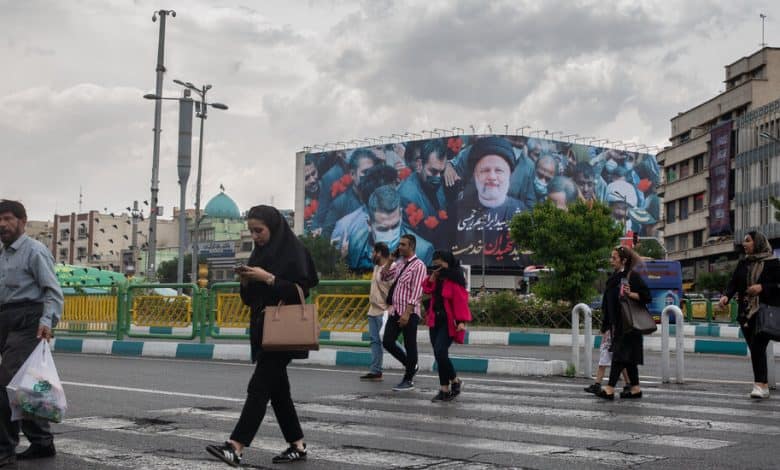Iran’s Use of Proxy Warfare Likely to Persist, Experts Say

While uncertainty surrounds political succession in Iran after its president and foreign minister died in a helicopter crash, analysts say it is unlikely their deaths will alter the country’s projection of power through heavily armed allied groups in the Middle East.
Those groups — Hezbollah in Lebanon, the Houthis in Yemen, multiple militias in Iraq and Hamas in the Palestinian territories — are central to Iran’s ability to wield influence far beyond its borders despite being under strict economic sanctions for decades.
Iran works with these groups through the Quds Force, a division of Iran’s Islamic Revolutionary Guard Corps. The I.R.G.C. answers directly to the Supreme Leader, Ayatollah Ali Khamenei, not to the government run by the president. So even in a time of internal maneuvering and uncertainty after the deaths on Sunday of President Ebrahim Raisi and Foreign Minister Hossein Amir Abdollahian, analysts expect little change in the groups’ rhythm of attacks or overall approach.
Indeed on Monday there were skirmishes between Hezbollah and the Israeli military near the Israeli-Lebanese border. On Tuesday morning, Iran-linked groups in Iraq announced that they had launched a strike at a base in Israel. It was as if Iran’s allies were signaling that it was business as usual by making the kinds of attacks that have become commonplace in recent months.
“From the very early messages that the Iranian regime sent after the president’s helicopter disappeared, it was clear that they wanted to project an image of stability around succession, and the activities of the groups will be part of that,” said Trita Parsi, the executive director of the Quincy Institute for Responsible Statecraft.
